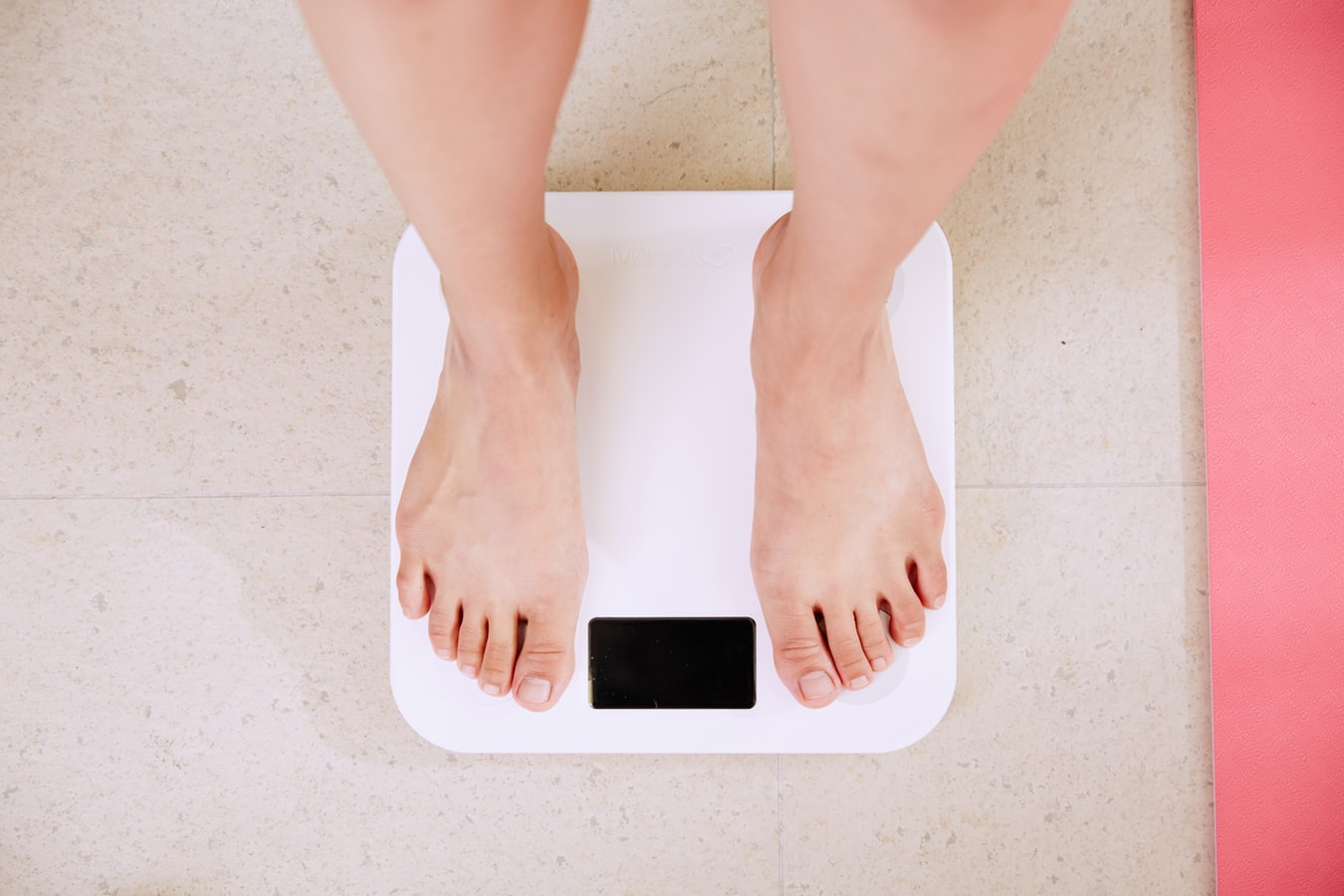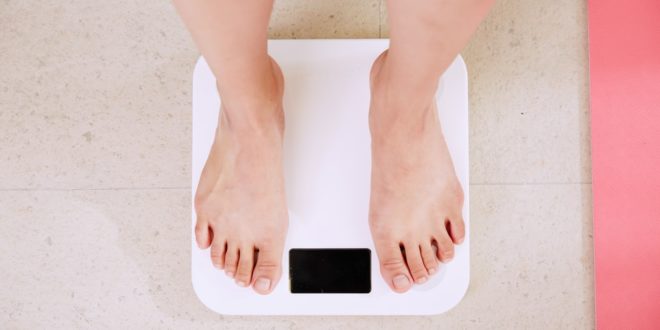 There are two ways to think about the word ‘diet’. One is what a culture or group of people (or animals) eat every day. Herbivores eat a diet of plants, while a carnivore’s diet is other animals. The diet of an average American is about 30% meat or more.
There are two ways to think about the word ‘diet’. One is what a culture or group of people (or animals) eat every day. Herbivores eat a diet of plants, while a carnivore’s diet is other animals. The diet of an average American is about 30% meat or more.
The other meaning of diet is a temporary, prescriptive list of foods. Sometimes it’s for medical reasons – diabetes is often controlled with a specific diet, for instance. But mostly, people ‘go on a diet’ to lose weight.
But the science is clear: dieting in this sense doesn’t work. You might have lost weight by denying yourself energy-rich foods and enduring weeks of hunger, but like 95% of dieters, you probably gained it all back again within five years, or even sooner.
Why do most diets fail?
There are a number of reasons why diets don’t work.
The biggest factor is our adaptability as humans – our bodies were developed in an environment where food was hard to come by, so your body fights losing weight!
When taking medication that meant they lost 360 calories a day from their urine, participants of one study unknowingly ate more to compensate.
Many experts think that by crash dieting you impact your metabolic rate – sometimes permanently, so much so that even when eating fewer calories, you still hold onto or even gain weight.
And then there’s the psychological side of things – when you hit your goal weight and go back to your regular eating habits, you tend to binge on some of the foods you denied yourself (chocolate, finally!).
What is a healthy diet, anyway?
Generally, a healthy diet gives you all the right nutrients and energy to live an active life, and few-to-none of the things that are bad for your body – empty calories like white sugar and white flour, sugary drinks, alcohol, and foods deep-fried in processed oils.
However, all around the world diets vary. Some cultures eat more meat than others, some drink more wine than others. A healthy diet for you as an individual comes down to your lifestyle.
‘Magic’ weight-loss fads and gimmicks
Fad diets tend to be unsustainable – they cut food groups out, depriving your body of important nutrients. Remember the low-carb, high-protein Atkins Diet? Dr Robert Atkins died of a heart attack – he was only 72. Similarly, the popular keto diet works at first, but follow-up studies (like this one) are finding they don’t work better than any other kind of calorie-restrictive diet. And like most people who have been on diets, they gain the weight back, too.
Beware of gimmicky products that claim to help you lose weight, as long as you eat a healthy diet and take regular exercise. Most don’t work, and the ones that do can have dangerous side effects, like ‘fen-phen’ that damaged heart valves and brought on a swarm of lawsuits. Save your money, and protect your body – just eat healthy and keep exercising.
Focus on why you’re overweight
Hear this – being overweight has little to do with will power! Your weight and body-type will have a genetic component, and studies (like this one) have linked a difficult, stressful childhood with obesity as an adult. If this is you, forget the diets and find a counsellor you trust – you may find as you work through your trauma, everything in your life gets easier, including your relationship with food and your body.
Some good advice for everyone
Writer Michael Pollen said, “Eat food. Not too much. Mostly plants.” Studies show that a whole-food (not processed, that is) plant-based diet is the best way to maintain health and energy. That doesn’t mean you have to go vegan! Just increase the quantity and variety of veggies on your plate and reduce the amount of eggs, meat and dairy you’re eating. That will instantly increase your nutrients, without increasing the calories.
Don’t drink your calories
Calories have been given a bad press. We need them for energy, and to maintain good health and weight we should be getting them from unprocessed, starchy foods – potatoes, kumara, brown rice, barley – not sugary drinks or alcohol.
Feel satisfied
Don’t deprive yourself – eat when you’re hungry, but not too hungry. That’s when binging happens. Plan regular, small, delicious meals, three or four times a day.
Not too much
Keep your portions reasonable, by comparing them to familiar objects. If you find yourself overeating because ‘clearing your plate’ was drummed into you as a child, there’s a simple, effective alternative: use a smaller plate! Learn what ‘full’ feels like, compared to ‘stuffed’.
Take the time to enjoy
This so important – delicious food should be savoured. Don’t eat on the run, or in front of the TV – you’ll forget you’ve had a meal, and just eat more. Set the scene where you can take time and enjoy your food – you may find you feel more satisfied with less food.
Treat yourself and forgive your lapses
There’s no need to make the holidays a time of penance. Go ahead and lapse a bit, but forgive yourself. In fact, a little treat every day won’t go amiss – just choose dried fruits instead of candy, or dark chocolate rather than the milk kind, and in small portions.
Don’t ‘diet’ – just eat a healthy diet
It all boils down to common sense – eat a wide variety of foods with lots of fruit and vegetables. Don’t skip meals or drink your essential calories – get them from whole foods that you can savour in a relaxed environment.
None of this stuff is rocket science, but so much of what’s available at supermarkets is processed for convenience, and many of us have moved away from the basic tenets of eating well.
A home-cooked, delicious meal, alone or with friends and loved ones – that’s the ticket to good health and sustainable weight loss.









Join the Discussion
Type out your comment here:
You must be logged in to post a comment.